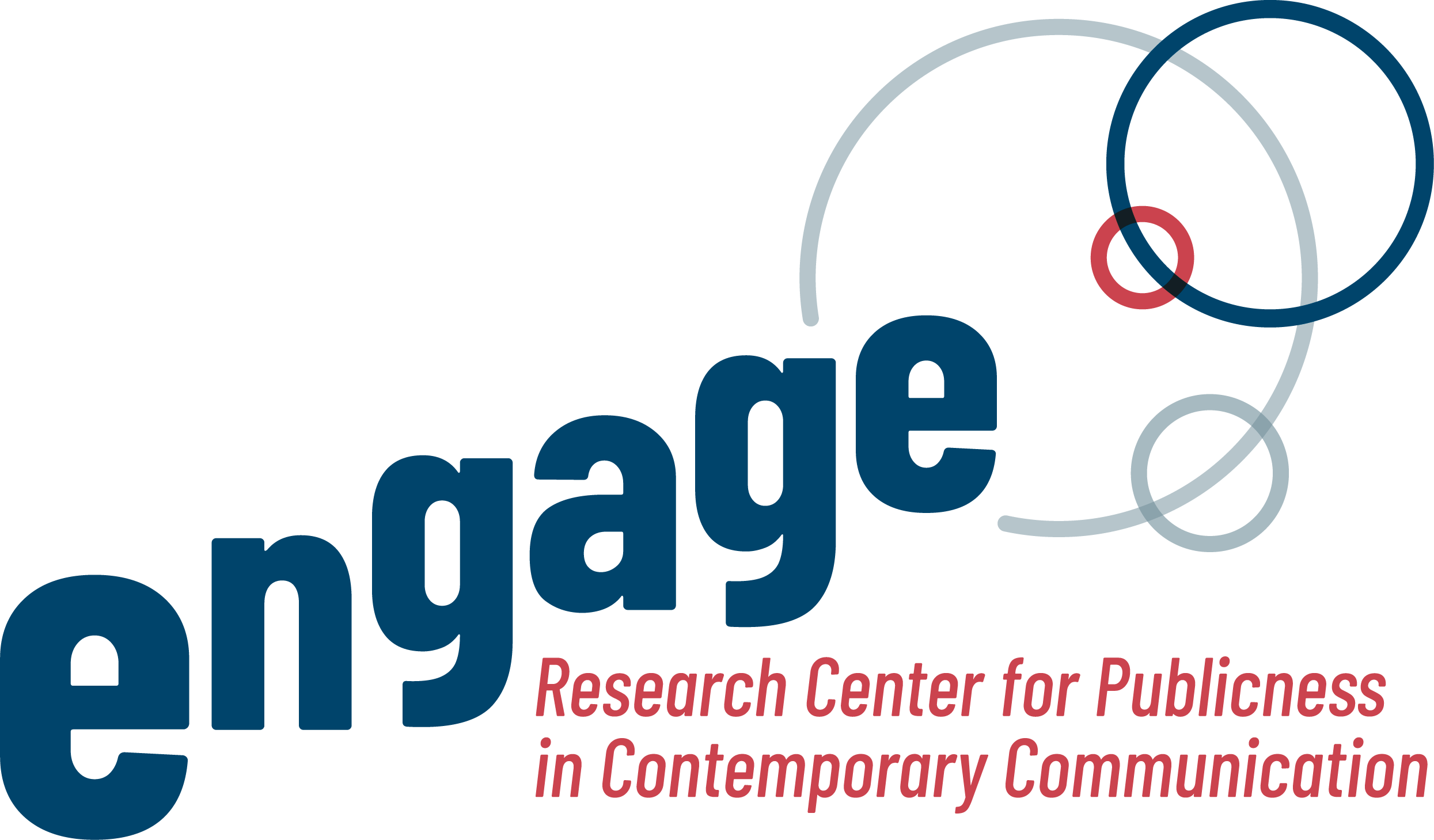Thomas Jacobs will speak at the DNC5ALED congress: Discourses and their impacts on a world of multiple crises, 25-28 July, in Spain (University of Valencia). Co-organized by DiscourseNet, the International Association of Discourse Studies, and ALED, the Latin American Discourse Studies Association, this congress explores how discourses and Discourse Studies have impacts on the contemporary world.
He will present the same communication at the IAMCR conference (The International Association for Media and Communication Research), on 12th of July 2023, untitled “Inhabiting the planet : Challenges for media, communication and beyond”.
IAMCR – is the preeminent worldwide professional organisation in the field of media and communication research.
ABSTRACT:
Hegemony, Discourse, and Political Strategy’ revisits a question that has long fascinated socialists, progressives, democrats, Greens, Marxists, and other left-wing political forces – how does the left win at politics? Thirty-five years ago, Ernesto Laclau and Chantal Mouffe tackled this puzzle in ground-breaking fashion, by drawing on a signature blend of linguistics, Marxist theory, and poststructuralism that came to be known as post-Marxist Discourse Theory (PDT) or the Essex School of Discourse Analysis. ‘Hegemony, Discourse, and Political Strategy’ takes up the legacy of Laclau and Mouffe, and elaborates PDT into a full-fledged theory of political strategy for the first time.
The core argument of ‘Hegemony, Discourse, and Political Strategy’ is that PDT provides the foundations for a form of discourse analysis that can explain how political strategies play out in political communication, as well as why they fail or succeed at achieving certain communicative goals. In doing so, it seeks to demonstrate that the Essex School provides a powerful heuristic to think about the impact and the effectiveness of various forms of political communication in the current conjuncture of multiple overlapping crises. To realise these goals, ‘Hegemony, Discourse, and Political Strategy’ provides a concrete and hands-on but theoretically informed introduction as to how discourse-theoretical insight can inform real-life thinking about political strategy and political communication. It draws heavily on poststructuralist theory in order to create a novel, discourse-analytic approach to the study of strategy in political communication, but at the same time, it intends to present this approach to a broad audience in an accessible fashion.
The focus of ‘Hegemony, Discourse, and Political Strategy’ is predominantly on theory-building, and notably the bridging of the respective fields of discourse studies, political communication, and political strategy. However, it also provides a concrete case study demonstrating the added value and the potential of a discourse-theoretical approach to political strategy and political communication, drawing on the debates and discussions about commercial policy in the European Parliament.
This contribution is partially based on a research monograph which was published under the same title with John Benjamins Publishing. However, it also constitutes an attempt move beyond this monograph; both by rearticulating and condensing its ideas in a manner that can reach new audiences, and by drawing on the insights and comments delivered by these audiences in order to continue to develop and evolve the research agenda that informed the book in the first place.
Jacobs, T. (2022). Hegemony, Discourse, and Political Strategy: Towards a post-Marxist understanding of contestation and politicization. Amsterdam: John Benjamins.
Laclau, E., & Mouffe, C. (2014). Hegemony and socialist strategy: Towards a radical democratic politics. London: Verso Books.
